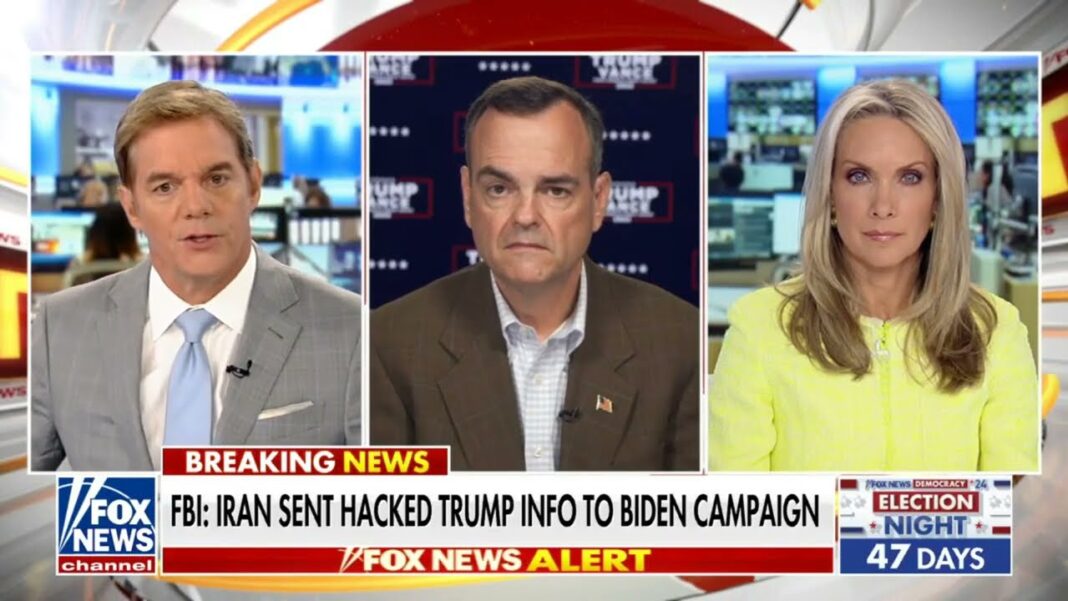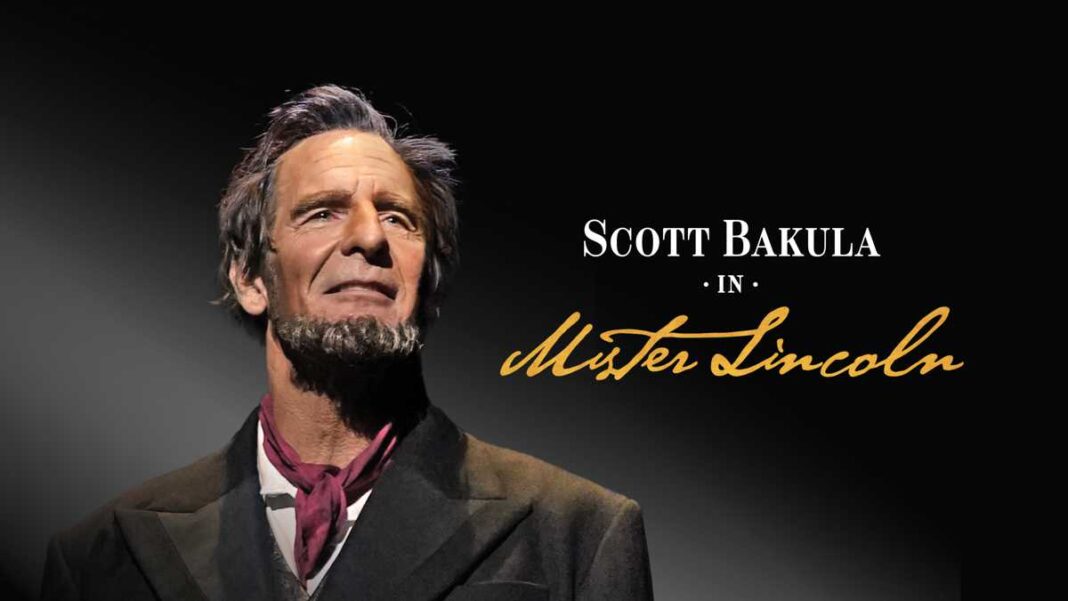A recent internal poll found more than half of Teamsters backing Trump over Harris.
The International Brotherhood of Teamsters said on Sept. 18 that it will not endorse a presidential candidate, the first time it has declined to do so since 1966.
“Neither major candidate was able to make serious commitments to our union to ensure the interests of working people are always put before Big Business,” Teamsters General President Sean O’Brien said in a statement.
“We sought commitments from both Trump and Harris not to interfere in critical union campaigns or core Teamsters industries—and to honor our members’ right to strike—but were unable to secure those pledges.”
Earlier on Sept. 18, the union released internal polling showing that more than half of its members favor former President Donald Trump over Vice President Kamala Harris. In a poll conducted from Sept. 9 to Sept. 15, 58 percent of members backed Trump, while 31 percent favored Harris.
The Teamsters, with roughly 1.3 million members, is one of the largest labor unions in the United States. Although it has traditionally announced presidential endorsements following the two major parties’ respective nominating conventions, this year, its president said the union’s leadership was waiting to hear from both candidates to make a final decision.
O’Brien is the union’s first president in its 121-year history to speak at the Republican National Convention (RNC). He gave a speech advocating for working-class families but did not offer an endorsement.
Trump and President Joe Biden had met with the Teamsters earlier this year to seek the group’s endorsement. Harris made her pitch during a roundtable discussion with the union’s leadership on Sept. 16.
Trump celebrated the union’s decision to skip an endorsement.
“It’s a great honor. They’re not going to endorse the Democrats. That’s a big thing,” he said at a campaign stop in New York City on Sept. 18.
The union president has described Harris as a “very polished person” and said their discussion touched on issues including passing the Protecting the Right to Organize Act and a veto on any national right-to-work legislation.








